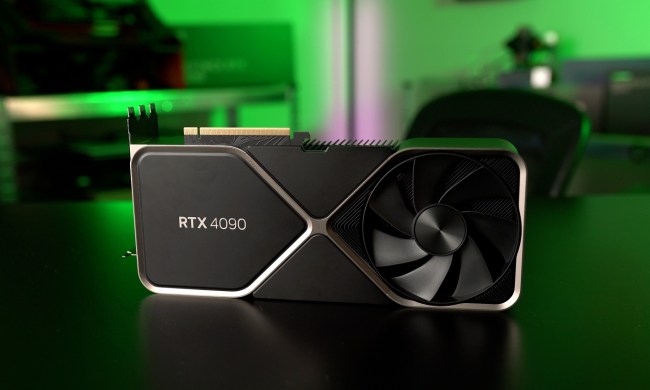Although rumor had it that the RTX 4090 would consume an unbelievable amount of power, it’s actually not too bad (read our RTX 4090 review for details). At a rated power of 450 watts, the 4090 is equal to the RTX 3090 Ti in power consumption. You might still need a new power supply, though.
The RTX 4090 is only rated for 450W, but board partner models can draw much more (the overclocked MSI RTX 4090 Suprim X peaked at over 500 watts in our testing). We’re here to guide you through the power supplies to look out for if you want an RTX 4090 or RTX 4080.
Before getting into it, keep in mind the 16-pin power connector on RTX 40-series GPUs. Most power supplies don’t come with this connection, so you’ll need to use the adaptor that comes in the box of your graphics card.
What power supply do you need for the RTX 4090?
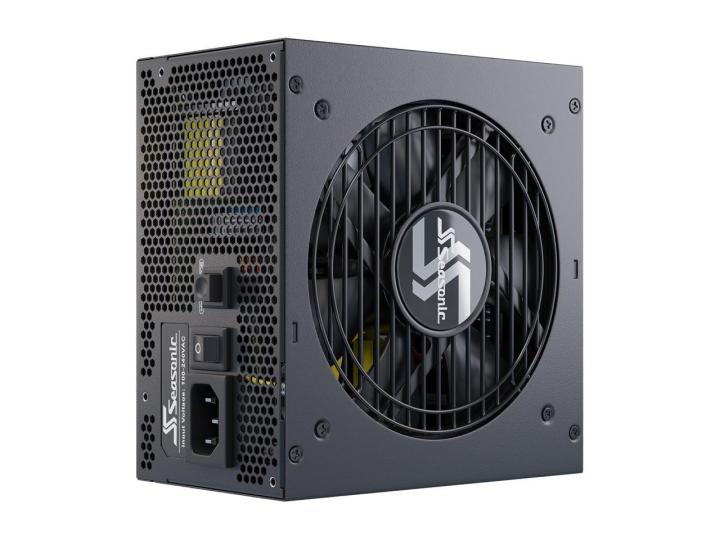
Nvidia recommends an 850-watt PSU for its Founder’s Edition (FE) 4090, and many other third-party models recommend the same amount of power for GPUs that have the same clock speed as the FE model. Seasonic’s GX-850 is a pretty good option here because it’s fully modular, has an 80 Plus Gold efficiency rating, and comes with lots of accessories like velcro ties, zip ties, and a PSU tester.
At the time of writing, it retails for about $160, which is a bit pricy. But Seasonic has a great reputation for quality power supplies, and you don’t want to pair a 4090 with something that might break.
- Newegg
- Amazon
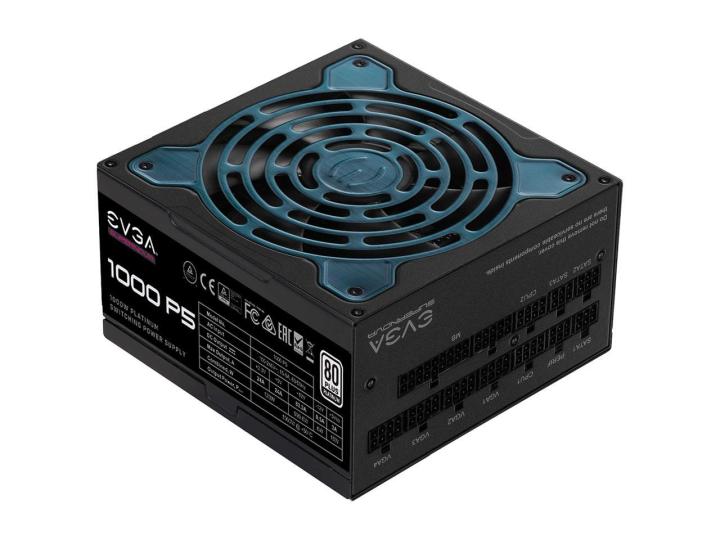
Some RTX 4090 models require more power if they have higher clock speeds than the Founder’s Edition. EVGA’s 1000-watt SuperNOVA 1000 P5 PSU is very similar to Seasonic’s GX-850 in respect to accessories but has an extra 150 watts and carries an 80 Plus Platinum efficiency rating. It’s also not that much more expensive than the GX-850; at the time of writing, it’s $170 to $195, depending on where you buy it.
- Newegg
- Amazon

For those of you who want to pair a premium RTX 4090 with a high-end CPU like the Ryzen 9 7950X or a Core i9-13900K, it would be a good idea to go with something like Corsair’s HX1200, which is a 1200W PSU with an 80 Plus Platinum rating. It’s fully modular, has similar accessories to the lower-power Seasonic and EVGA PSUs, and can be found for about $230 $250. There are power supplies that can deliver even higher wattages, but 1,200 watts is enough for even the most powerful PCs today.
- Newegg
- Amazon
What power supply do you need for the RTX 4080?
Before we dive into power supply recommendations, we should mention that the RTX 4080 16GB and the RTX 4080 12GB, despite the names, are very different GPUs. The 12GB card comes not only with less memory but also significantly fewer cores and consequently has a lower amount of power draw. The recommendations below are for the 16GB model, so they’ll work for the 12GB too, they just might be a tad overkill.
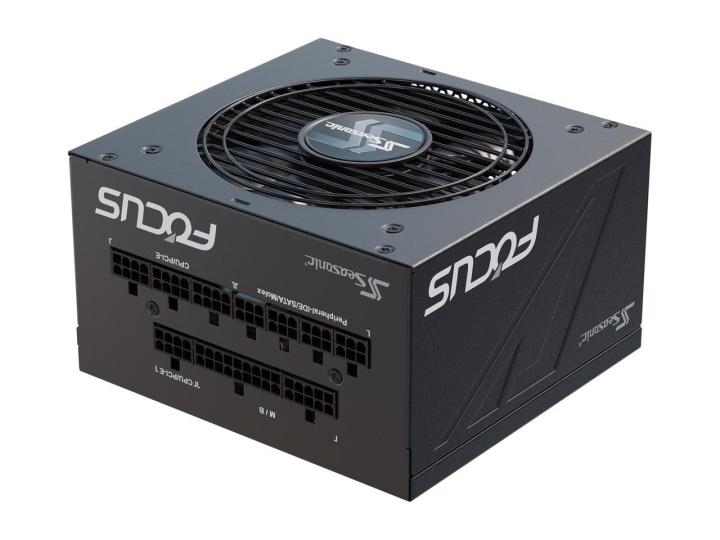
We’re starting with another Seasonic PSU, this time the 750-watt GX-750, which meets the 750-watt requirement for the RTX 4080 16GB. It’s pretty much the same thing as the GX-850 but has 100 watts less power. There is a cheaper, semi-modular version of this PSU, but if you’re buying a 4080, you probably don’t care about saving a few bucks on the cable management experience.
- Newegg
- Amazon
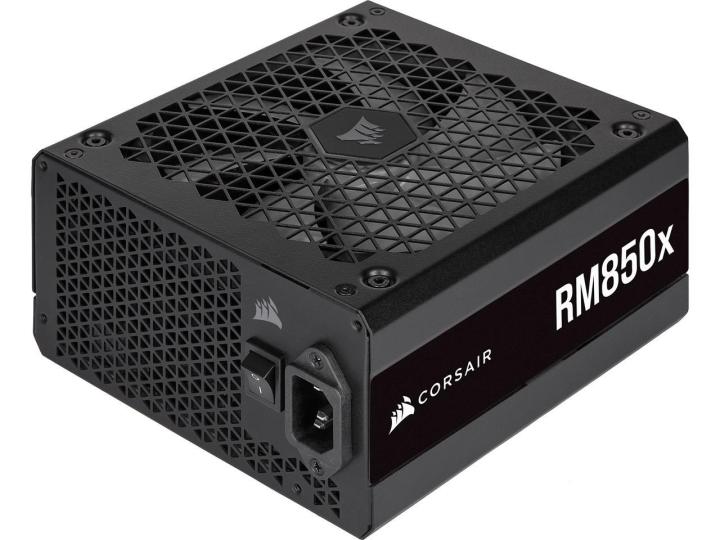
If you need a higher wattage power supply for a third-party 4080, you could just refer to our recommended PSUs for the 4090 since there’s nothing special about needing more power, but we might as well offer some alternative choices. The Corsair RM850x is an 850-watt PSU from Corsair, and it has an 80 Plus Gold Rating. It’s also fully modular.
- Newegg
- Amazon

If your PC is going to be using a high-power 4080 16GB and a high-end CPU, you’ll want a 1,000-watt PSU. EVGA’s SuperNOVA 1000 GT delivers 1,000 watts just like the SuperNOVA 1000 P5 we recommended for the 4090, but it has a Gold rating rather than a Platinum. Dropping down a step in efficiency shouldn’t be a huge deal, though; efficiency is higher at lower amounts of power consumption, and a 4080 consumes much less power than a 4090.
- Newegg
- Amazon
Don’t skimp on your PSU this generation

The power requirements we’re seeing for the 40-series aren’t exactly new, but they’re definitely higher than normal; the RTX 3090 was 350 watts, and now the 4090 is 450 watts, the same as the 3090 Ti. You’ll definitely want a good PSU with lots of power if you want Nvidia’s new flagship.
As for the 4080, both the 12GB and 16GB models don’t have crazy amounts of power consumption at 285 and 320 watts, respectively. These cards aren’t available yet, however. Although Nvidia has shared their power draw, it’s possible that third-party cards will demand a larger power supply.



